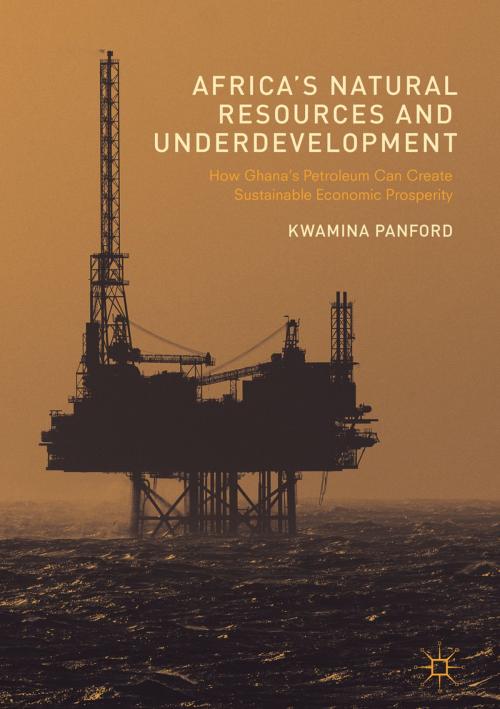Africa’s Natural Resources and Underdevelopment
How Ghana’s Petroleum Can Create Sustainable Economic Prosperity
Business & Finance, Management & Leadership, Industrial Management, Economics| Author: | Kwamina Panford | ISBN: | 9781137540720 |
| Publisher: | Palgrave Macmillan US | Publication: | February 2, 2017 |
| Imprint: | Palgrave Macmillan | Language: | English |
| Author: | Kwamina Panford |
| ISBN: | 9781137540720 |
| Publisher: | Palgrave Macmillan US |
| Publication: | February 2, 2017 |
| Imprint: | Palgrave Macmillan |
| Language: | English |
This book explores how African countries can convert their natural resources, particularly oil and gas, into sustainable development assets. Using Ghana, one of the continent’s newest oil-producing countries, as a lens, it examines the "resource curse" faced by other producers - such as Nigeria, Angola, and Equatorial Guinea - and demonstrates how mismanagement in those countries can provide valuable lessons for new oil producers in Africa and elsewhere. Relying on a broad range of fieldwork and policymaking experience, Panford suggests practical measures for resource-rich developing countries to transform natural resources into valuable assets that can help create jobs, boost human resources, and improve living and working conditions in Ghana in particular. He suggests fiscal, legal, and environmental antidotes to resource mismanagement, which he identifies as the major obstacle to socioeconomic development in countries that have historically relied on natural resources.
This book explores how African countries can convert their natural resources, particularly oil and gas, into sustainable development assets. Using Ghana, one of the continent’s newest oil-producing countries, as a lens, it examines the "resource curse" faced by other producers - such as Nigeria, Angola, and Equatorial Guinea - and demonstrates how mismanagement in those countries can provide valuable lessons for new oil producers in Africa and elsewhere. Relying on a broad range of fieldwork and policymaking experience, Panford suggests practical measures for resource-rich developing countries to transform natural resources into valuable assets that can help create jobs, boost human resources, and improve living and working conditions in Ghana in particular. He suggests fiscal, legal, and environmental antidotes to resource mismanagement, which he identifies as the major obstacle to socioeconomic development in countries that have historically relied on natural resources.















